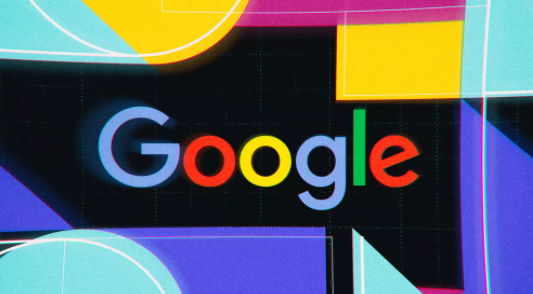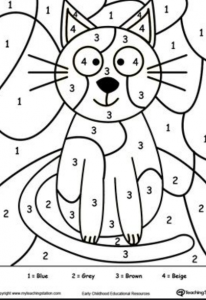Google has removed 3 kids’ applications from the Google Play Store after the council of International Digital Accountability has pointed out violation happenings in data collection. The 3 applications that were removed are – Princess Salon, Number Coloring, and Cats & Cosplay. All these applications were seen with more than twenty million downloads. The council of International Digital Accountability has noted that these applications were not violating any rules when it comes to code, however, there were problems in the frameworks that were powering these applications. The applications which use SDKs from Unity, Umeng, and Appodeal. Problems were seen in these developer kits.
TechCrunch has reported that the tech giant has already axed out 3 apps from the Play Store soon after the council reported them. Google’s spokesperson has said that they can confirm that the applications which are referenced in the report were removed. Whenever they had found an app that violates their policies, they tend to take action.
The council has stated that there were issues found in the information collection practices by 3 software development kits used within those applications. The 3 SDKs used in those apps – Unity, Umeng, and Appodeal weren’t in obedience with broader Google Play policies around the collection of data. For example, specific versions of Unity’s SDK were uniting both the user’s AAID and Android ID concurrently. This goes against the tech giant’s privacy policies and it can have permitted developers to avoid privacy controls and track users over time and across systems.
The council has explained that the AAID is Android’s unique ID which is used for broadcasting and, contrasting the Android ID; users have the ability to set their AAID again. Although, when the AAID is connected with the non-resettable Android ID, it let firms track their users which in return bridges their ID which finally makes the AAID’s ability to be reset by the user’s moot.
In any event, there were not any known violations that could be reported by IDAC, nor was there any information shared on how much data was conceded by these applications. Nevertheless, this sheds light on the complex nature of software and the possible risks which are involved even when there are well-intentioned application producers out there.









